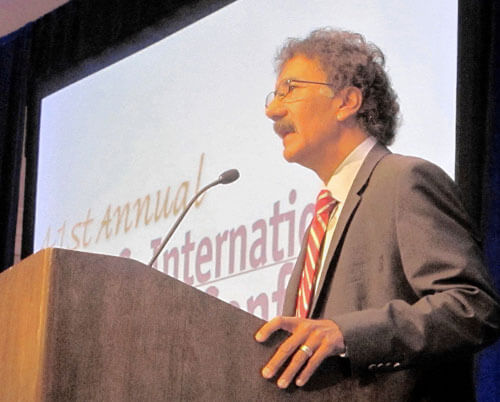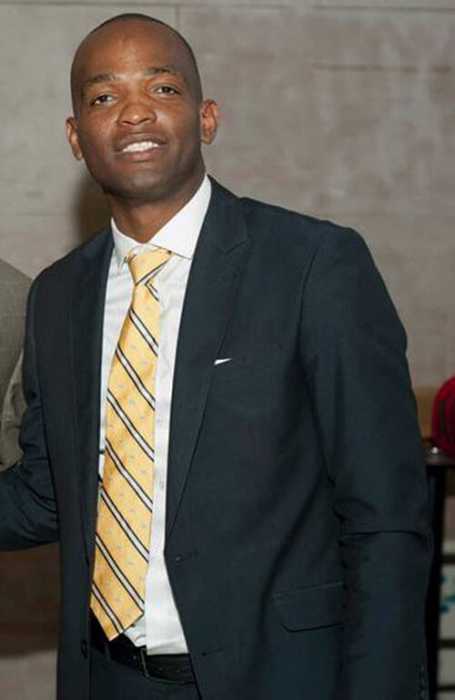ISLE OF PALMS, S.C. (AP) _ Maritime leaders were told Tuesday that a federal commission is planning a series of meetings on dealing with port congestion that has resulted from a rebounding economy and bigger ships calling at the nation’s ports.
They also learned that completion of the expanded Panama Canal, originally anticipated this year, has been pushed back to 2016.
Maritime Commission Chairman Mario Cordero, Panama Canal Authority Administrator Jorge Quijano and Gov. Nikki Haley were among those who spoke before the South Carolina International Trade Conference.
Cordero told the gathering that the Federal Maritime Commission plans a series of meetings to discuss port congestion with the first of four regional meetings to be held in Los Angeles next week.
A second is set for Baltimore next month with a later session to be held in the Southeast, perhaps in Charleston, and in New Orleans.
Cordero envisions the meetings will contribute to a study of ways to deal with congestion that includes the waits truckers have at ports before they pick up or unload shipping containers.
“Congestion is the topic of the day,” he said. Such a study, he added, will allow the commission to advocate in Congress for money to improve both port and other shipping infrastructure.
He said congestion is one of a number of issues facing the nation’s ports along with others such as environmental concerns, consolidation among shipping lines and energy costs.
Jorge Quijano, the head of the Panama Canal Authority, said the expansion of the canal to handle a new generation of larger container ships has been delayed because of problems with contractors.
“Progress has been significant but slower than we anticipated,” he said, adding that construction of the new lock system is now about 75 percent complete.
He said he did not want to predict an exact date when the expanded canal will be open.
Quijano said the authority would probably have a drawing to see which shipping line will be the first to travel through the revamped canal.
Haley told those attending that South Carolina is aggressively trying to attract foreign companies to locate in the state.
“I lot of what I wanted was to see what we could do to bring companies back to America,” she told reporters later. “We want good companies that understand that Made in America means something.”


























